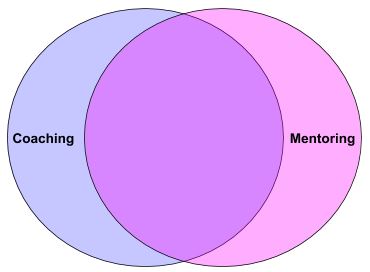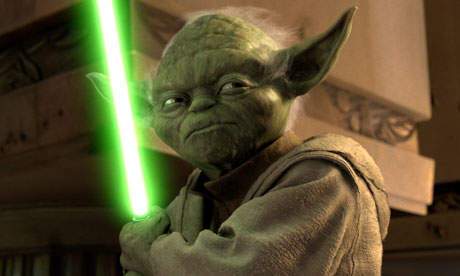After spending most of my leadership career trying to outline the differences between coaching and mentoring (in education), I am now resolved to present them as having more in common than different.
Coaching and mentoring are activities within the area of professional and personal development… thus, a professional coach/mentor can be described as an expert in establishing a relationship with people in a series of conversations with the purpose of serving the clients to improve their performance or enhance their personal development or both, choosing their own goals and ways of doing it.”
(Eesc.europa.eu, 2019).
As part of the ILM Level 5 course, we are required to explain what coaching is and given my education context, I gone with van Niewerburgh’s definition with my emphasis.
A one-to-one conversation that focuses on the enhancement of learning and development through increasing self-awareness and a sense of personal responsibility, where the coach facilitates the self-directed learning of the client through questioning, active listening, and appropriate challenge in a supportive and encouraging climate.
(van Nieuwerburgh, 2012).
The conclusion is that coaching is a process with the clear aim of improving your performance or enhancing your personal development or both. Coaching is about the client.
Second, that coaching works towards achieving the clients goals by increasing their self-awareness and a sense of personal responsibility, and offering appropriate challenge, in supportive and encouraging climate. Coaching is about their ambitions.
The final reflections is that one of the key contributions of coaching in education is that it legitimises teacher ‘me time.’ In education, time is controlled an extremely proscribed in education. The school year, terms, weekly timetables and coaching gives school leaders and teachers a legitimate opportunity to tuned into themselves.
The second conclusion that I have drawn is that, at the individual level, coaching is a form of personal change management. In that sense, it may benefit aligning with Prosci Change Management ADKAR® Model as do organisational change processes. With this in mind and whilst researching the Standards of Conduct and Ethical Guidelines of the three main coaching organisations, I also moved to defining the coaching as a process as an ‘awareness’ tool to complement the Coaching Agreement.
The Coaching Process
In summary, coaching is a process. Coaching is about you, focused on your ambitions and your abilities to achieve them.
Setting the Foundation
Coaches has Standards of Conduct and Ethical Guidelines to adhere to and uphold. One of the key actions of a coach is to apply, exhibit and clearly communicate these core Standards of Conduct and Ethical Guidelines to the client, and I will do, during our Coaching Agreement conversation.
Awareness (forecasting the way forward, ethical security)
Co-creating the Relationship
Coaching is relational and non-judgemental. It is a partnership of two equal parties and therefore benefits from open and honest conversation. Coaching builds on interpersonal rapport, a sense of mutual respect, and confidence and trust in the client.
Awareness and Desire, to lesser extent Knowledge.
Communicating Effectively
It is the coaches responsibility to communicate effectively. It starts with our mutual understanding of what coaching is (and is not) and moves onto the Coaching Agreement. It continues throughout the coaching process and finally concludes it. At the end of the coaching process, the coach will ask you for the client’s feedback.
Knowledge
Facilitating Learning and Results
It is the coaches responsibility to facilitate the coaching conversations and to co-create the clients coaching plan. It is the clients responsibility to manage and fulfil the actions agreed upon.
Knowledge and Ability
It is the coaches responsibility to review and report on the coaching process and to encourage the client to reflect on their performance or on their personal development or both.
Ability and Reinforcement
‘What is Coaching’ and ‘The Coaching Process’ precedes and set the frame for the Coaching Agreement.
I am grateful to Nick White (Education Solutions) for taking the time to leave me a comment over on LinkedIn.
“Pure” coaching is as close as one can get to counselling and other forms of talking therapy. It is vital, then, that coaches have gone through a very rigorous form of self-analysis (e.g. psychoanalysis) and that they should have professional supervision. This may seem like “overkill” but it is very easy as a coach to overlook such issues as transference and counter-transference and thereby misuse the dynamics of the coaching relationship.
As I am sure you will have deduced, I am gradually framing a better understanding of coaching in education – having predominantly experienced and employed a model more influenced by mentoring. “Pure” coaching and other “forms of talking therapy” – I defer to your knowledge and experience. My driver / lens is still with reference to education. I may broaden out as I invest further. Supervision, is a very good point and I am very fortunate there. I will take some to explore the issues of “transference and counter-transference” further. Again, thank you.

